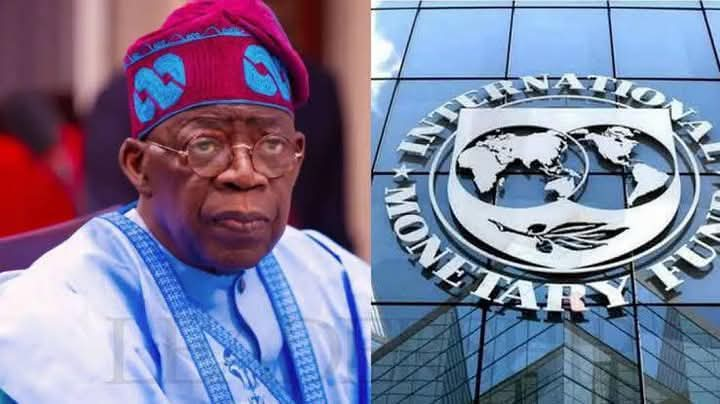Business
More Nigerians Could Slip Into Poverty by 2027 — World Bank Warns

The World Bank has raised alarm over Nigeria’s economic future, warning that poverty levels could rise by about three percentage points by 2027.
This was revealed in its latest Africa Pulse report, released during the Spring Meetings of the World Bank and IMF in Washington, D.C.
Despite a boost in non-oil sectors in late 2024, Nigeria’s over-reliance on oil revenue and fragile economic structure could wipe out recent progress in reducing poverty.
Sub-Saharan Africa remains the epicenter of global extreme poverty—home to 80% of the world’s 695 million people living on less than $2.15 a day. Nearly half of the region’s extreme poor are concentrated in just four countries, including Nigeria.
Between 2022 and 2027, poverty in resource-rich but fragile nations like Nigeria and the DRC is expected to worsen by 3.6 percentage points. In contrast, neighboring countries without large oil or mineral sectors are faring better, thanks to higher agricultural exports and more stable growth.
The report points to falling oil prices and poor governance as key factors deepening poverty in Nigeria. While oil-dependent nations struggle with fiscal limitations that hinder social support systems, their non-resource peers are seeing more inclusive growth.
Currently, fragile resource-rich countries suffer an average poverty rate of 46%—13 points higher than similar but more stable economies.
To reverse this trend, the World Bank urges Nigeria to implement urgent governance reforms, diversify its economy beyond oil, and prioritize job creation. Without these steps, millions more Nigerians risk being pushed further into poverty.
